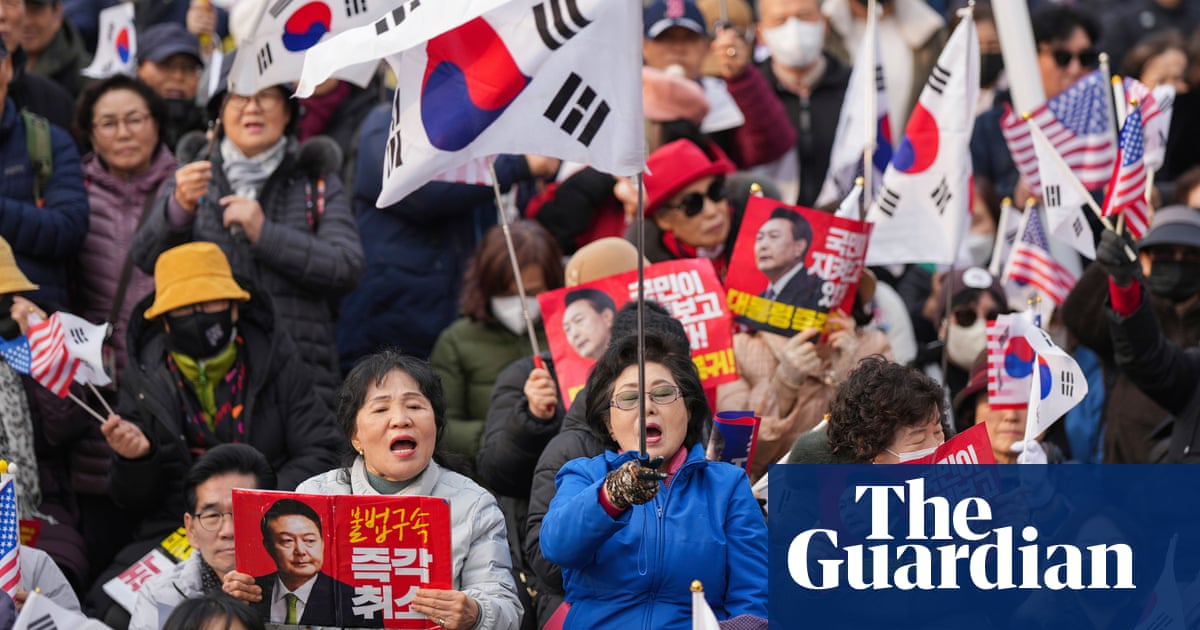China recently announced a significant increase in tariffs on U.S. goods, raising them from 84% to 125%. This move escalates the ongoing trade war between the two giant economies, causing jitters in global markets and stirring concerns about a possible economic slowdown worldwide.

As President Trump paused import taxes for other nations, he continued to raise tariffs specifically on Chinese products, which currently stand at 145%. China responded sharply, labeling the U.S. actions as "economic bullying" and signaling that it would implement countermeasures starting Saturday. The Chinese government plans to file a new lawsuit with the World Trade Organization against these tariffs, underscoring the tension in trade relations.
During a meeting with Spain’s Prime Minister, Xi Jinping emphasized that tariff wars bring no winners, stating that China has always thrived through its efforts and resilience, rejecting reliance on external favors or yielding to external pressures.
Concerns about the ongoing trade battle are growing among economists. Jennifer Lee, a senior economist at BMO Capital Markets, pointed out that the likelihood of the trade war pushing the global economy into recession is increasing. The uncertainty surrounding these tariffs makes it difficult to predict an end to the conflict, leaving both markets and consumers on edge.
The latest tariffs particularly target key imports from the U.S., including soybeans, aircraft, and pharmaceuticals. In retaliation, China recently halted imports of certain American goods, like sorghum and poultry, and has increased export controls on rare earth minerals, which are critical for tech manufacturing.
The U.S. imports a wide range of products from China, including electronics, industrial machinery, and toys. As tariffs rise, consumers can expect prices on these items to climb, affecting everyday costs. Trump introduced the new tariffs as part of a broader strategy to shift manufacturing back to American soil. However, experts caution that this shift could take years and involves significant risks.
Historically, trade wars have had profound effects on economies. For instance, during the Great Depression, protectionist measures like the Smoot-Hawley Tariff worsened global trade conditions. Today’s situation mirrors that uncertainty, albeit on a different scale, as the interconnectedness of the global economy means that policies in one region can ripple across the world.
As public sentiment shifts, reactions on social media show both concern and criticism of how these tariffs may affect jobs, prices, and international relations. With ongoing debates over trade policies, it seems this situation will continue to evolve, with stakes that extend far beyond borders.
For further insights, you can view more information on trade policies and their effects here.
Source link
Donald Trump, China, District of Columbia, International trade, Pedro Sanchez, United States government, China government, General news, Tariffs and global trade, United States, Politics, Jennifer Lee, Xi Jinping, Washington news, Business, World news, Washington News








